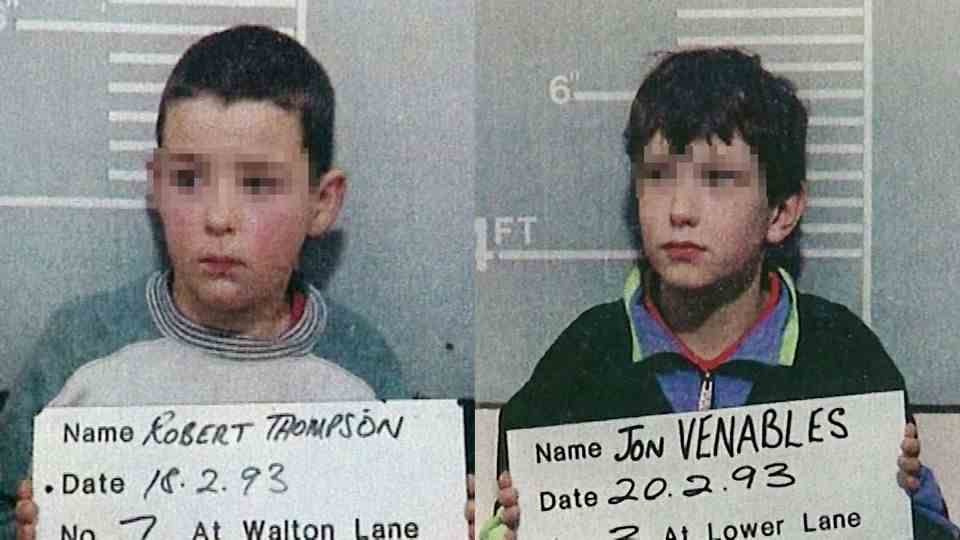15-year-old killed in Salzgitter
A child suspected of murder – why they don’t have to go to prison and what happens instead
The police near where the body was found in Salzgitter
© Julian Stratenschulte / DPA
After the murder of a 15-year-old in Salzgitter, a suspected child is still at large – the youth welfare office is now in demand.
A child as a murderer? After a 15-year-old girl was discovered dead in a park in Salzgitter, Lower Saxony, on Tuesday, the police have a suspicion: a teenager (14 years old) and a child (13) are said to have murdered the teenager (who star reported).
The older of the two was arrested. The Braunschweig district court ruled on Thursday that he would be remanded in custody on suspicion of murder. If the suspicion is confirmed, he must answer to the youth chamber and face a prison sentence of up to ten years.
Youth Welfare Office Salzgitter has been informed
The situation is different for the 13-year-old boy. He was not arrested, although he is also accused of murder. The reason is simple: in Germany, children up to their 14th birthday are not considered criminally responsible. The legislator assumes that children do not yet fully understand injustice and are therefore unable to control their behavior accordingly. The Criminal Code unequivocally regulates: “Anyone who commits the crime is not yet fourteen years old.” And without guilt, no punishment. So the suspect from Salzgitter doesn’t have to go to jail. But then what? What are the consequences for children who commit a capital crime?
The Braunschweig public prosecutor informed the responsible youth welfare office in Salzgitter about the suspicion against the child. “It is not known here what measures have been taken or will be taken there,” said prosecutor Hans Christian Wolters. This means that the youth welfare office checks, for example, how the crime could have happened or whether the family needs support with bringing up the child. The main question is whether the well-being of the child is at risk. Ultimately, the youth welfare office initiates the next steps: According to the Social Security Code, they can range from help with bringing up the parents to individual socio-pedagogical care and accommodation in a home or with a foster family. However, according to Dirk Hädrich, head of the youth department at Salzgitter, if taking into care is an option, the consent of the parents or a decision by the family court on parental responsibility is required. “Compulsory placement is only permitted by a family court decision,” he told the DPA news agency. The state’s hands are tied when it comes to children committing crimes, so don’t.
The following also applies: The relatives of the 15-year-olds who were killed may also be able to claim compensation for pain and suffering – this would then have to be paid by the 13-year-old’s parents.
Children as suspects are the exception
The discussion about lowering the age of criminal responsibility from 14 to 12 years is being held again and again in Germany, most recently on a larger scale after the gang rape in Mülheim in 2019. However, corresponding efforts came to nothing – probably also because serious crimes by children are absolutely exceptional cases acts.
Last year, the security authorities registered a total of 3,519 people who are said to have committed crimes against life. Among them were 19 children under the age of 14. This corresponds to a rate of 0.5 percent. Children are most often suspected of theft crimes
Sources: Braunschweig public prosecutor, criminal code, social code, Police Crime Statistics 2021DPA news agency


